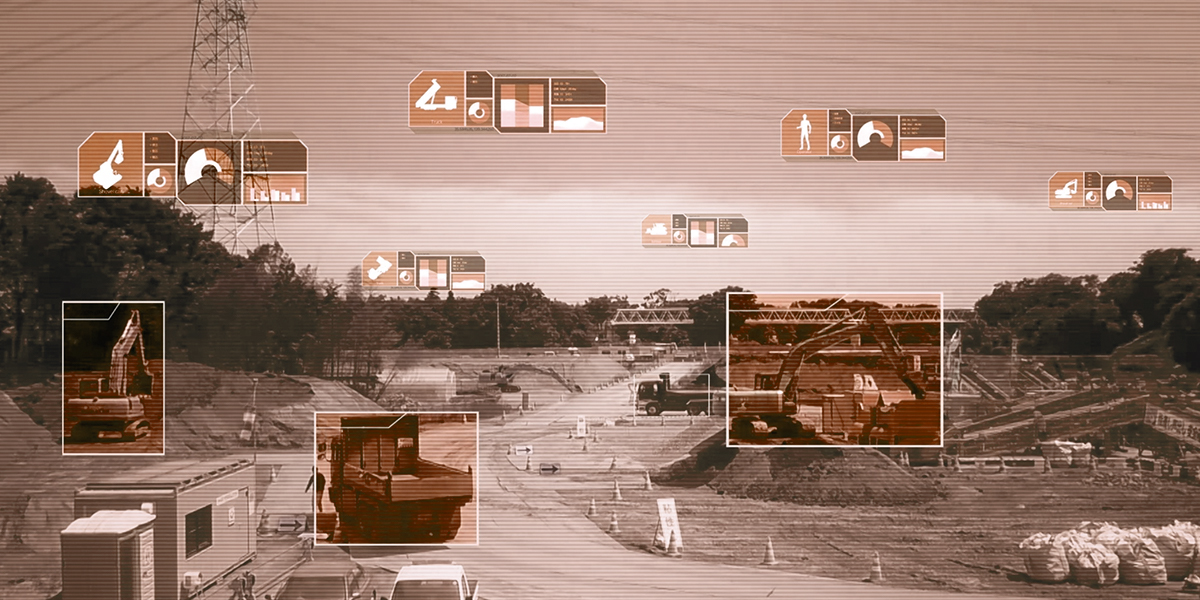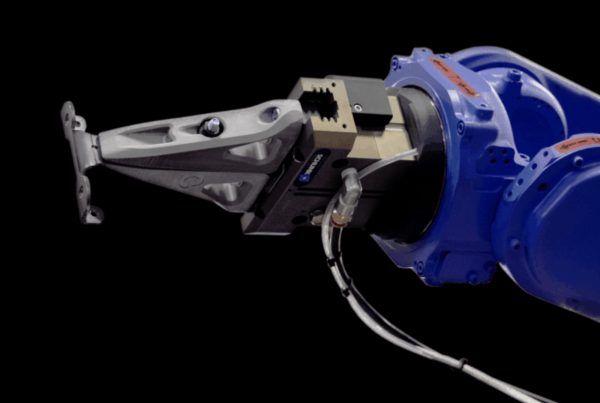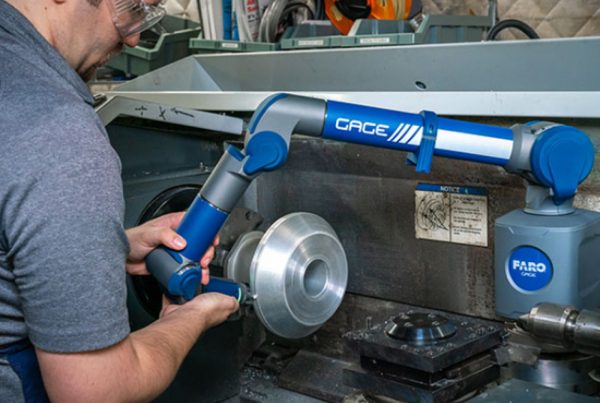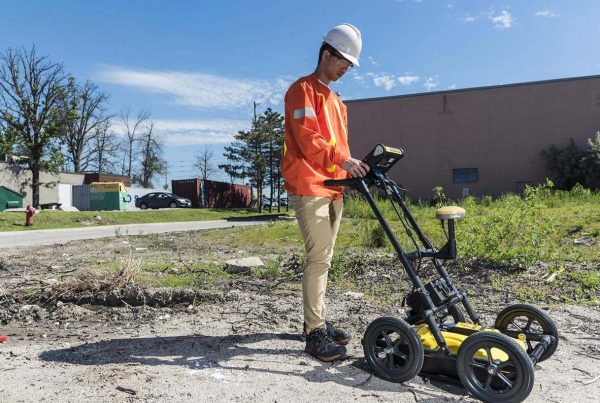Why Intelligent Machines Mean More Intelligent Construction
With technological innovation advancing faster than ever, more and more industries are experiencing disruptive change, and the construction industry is no exception.
Artificial intelligence (AI) is dramatically changing the construction sector by introducing new ways of working that save time and money, improve efficiency and quality, and reduce wastage. AI refers to the ability of a computer system to perform tasks that normally require some level of intelligent human intervention.
A recent study from McKinsey called AI “construction technology’s next frontier” and predicts that AI in the sector will be modest at first, but that a monumental shift is coming.
“Stakeholders across the project lifecycle, including contractors, operators, owners, and service providers, can no longer afford to conceive of AI as technology that’s pertinent only to other industries”
How can intelligent machines improve construction?
Many of the latest innovations in the construction industry have some element of AI or machine learning, and can have an incredible impact on the construction process in many different ways.
Efficiency
With so many tedious and time-consuming tasks plaguing the construction process, AI is a major player when it comes to drastically improving efficiency as every step of your projects. Project managers can use AI software to organise and assign tasks, keep track of employees, and even take it one step further by assigning tasks to employees based on experience, skills and availability. Intelligent software can take on a lot of the manually work that usually goes into project management, and free up employees to focus on productivity.
Planning
Technologies such as Business Information Modelling (BIM) allow for advanced planning and modelling, by giving a cohesive 3D model of a building or project that multiple contractors can work on simultaneously. By streamlining planning across different disciplines, architects, engineers and contractors can collaborate on the same model and identify potential problems much earlier in advance. Having a clearer picture of the project before onsite work commences is a huge advantage to the overall project success.
Sustainability
Using intelligent machines to build components off-site and transporting them to site when they’re needed is known as modular construction, and this innovative business technique vastly improves sustainability of construction projects by reducing vehicle movements and waste. Modular construction does involve a higher level of planning and resource management than traditional onsite construction, but project managers can use intelligent AI software to streamline and manage tasks.
Safety
Every construction project carries some level of risk, but intelligent machines are a great way to minimise risk and enhance job site safety. Drones are an easy way for site managers to monitor safety on-site, allowing them to survey sites and workers, view restricted areas, and assist with real-time design response. Drones also bring the advantage of being able to provide data immediately for tasks such as updating safety records, or ordering materials.
Another great example of technologies that improve safety are wearable sensors, that allow you to identify the location of your works and be alerted immediately if there is a problem. Having real-time safety alerts will give you and other workers the ability to provide faster assistance if needed, and the devices could even be programmed to notify the emergency room and the nearest hospital..
Productivity
You can increase productivity on the job site with machine-controlled equipment that can get the job done faster and more accurately than human workers. Using machine control equipment will increase the accuracy of work, which leads to a huge range of other benefits such as reduced operating costs and faster job completion.
Topcon mmGPS enabled unprecedented machine control accuracy during the construction of Hamilton’s biggest roading project ever, by using mounted GPS receivers to get accurate positioning of their machines. Topcon mmGPS allowed the use and control of multiple graders and rovers working on the same site, creating significant efficiency and time savings.
Adopting Intelligent Construction Solutions
As the construction industry pushes forward into the future, you’ll start to see its influence in just about every area of the industry. Using AI is becoming the “new normal” and is about cost-saving, waste reduction, better safety and working conditions, and ultimately adding value and quality to construction.
In fact, the main limitation to the adoption of AI in the industry is the skills gap for construction workers around using new technologies. A report from Research Dive revealed that the greatest limiting factor is the skills gap that music be bridged for successful implementation.
“The availability of the skilled workforce is considered to be the biggest constraint for artificial intelligence in the construction market.”
With AI pegged to be the next big thing in the construction industry – if you want to succeed in the sector, you’ll have to develop an understanding of how it’s going to affect you and your projects. To learn more about using intelligent machines to drastically improve construction projects, check out the guide to the Connect Construction Site.




